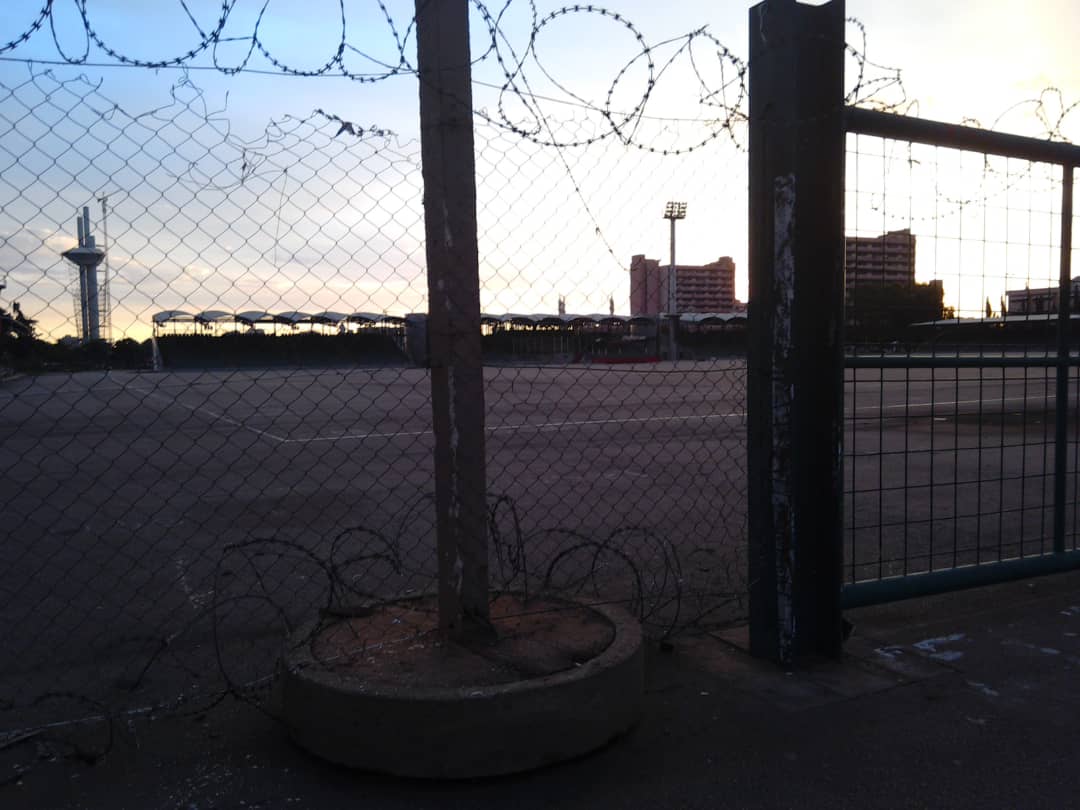The #EndSARS protests that have engulfed Nigeria may yet produce unexpected results.
In response, the Police Service Commission (PSC) marked 37 former operatives of defunct SARS for dismissal following the recommendation of the presidential panel.
Will this offer an opportunity for justice to be finally delivered in the case of Apo Six?
On June 7, 2005, six traders were driving home from a night club when they encountered a team of policemen on patrol at the Garki junction in Abuja.
Advertisement
Earlier at the club, Danjuma Ibrahim, then deputy commissioner of police, was said to have made advances at one of them, Augustina Arebu, which she “rudely” turned down.
Ibrahim then allegedly left the club and reported to the policemen at a checkpoint on Gimbiya street, by Ahmadu Bello Way, Apo, that he had sighted a gang of armed robbers.
When the victims arrived the checkpoint, the policemen opened fire on their Peugeot saloon and four of them died on the spot — allegedly on the orders of Ibrahim.
Advertisement
The last two victims were allegedly killed in the morning.
In fact, Ibrahim was said to have strangled the girl barehanded, while the final victim, who had pretended to be dead, managed to reveal what happened before eventually passing away.
The victims — Ifeanyi Ozor, Chinedu Meniru, Augustina Arebu, Anthony Nwokike, Paulinus Ogbonna and Ekene Isaac Mgbe — were all Igbo.
Following a public outcry, a judicial panel was set up to probe the incident.
Advertisement
The panel indicted six police officers — Danjuma Ibrahim, Othman Abdulsalami, Nicholas Zakaria, Ezekiel Acheneje, Baba Emmanuel and Sadiq Salami.
Subsequently, the accused were were arraigned on a nine-count charge of conspiracy and culpable homicide, which contravened the provisions of sections 97 and 221 (a) of the penal code law.
Five policemen accused of the killings and eight other police witnesses had testified that Ibrahim, the senior police officer among them, ordered the killings.

However, the defendants, including Ibrahim, pleaded not guilty to the allegations.
Advertisement
One of the officers who testified against Ibrahim died in mysterious circumstances while the case was on.
A witness told the court during trial that Ibrahim personally shot the victims.
Advertisement
But Ishaq Bello, the presiding judge, in his ruling, said contradictions in witness testimonies and the fact that Ibrahim’s fingerprint was not taken after arrest made it impossible to establish his culpability.
Delivering judgement on the killings in March 2017, Bello sentenced two policemen in the trial to death, while three others were discharged.
Advertisement
The court established that the two last victims were shot by Achejene and Emmanuel, which was the basis for their conviction.
No one was convicted for the death of the first four victims.
Advertisement
After being controversially acquitted in 2017, Ibrahim was reinstated and promoted to commissioner of police, with his salary arrears between 2005 and 2017 paid.
In 2018, he was further was promoted to the rank of an assistant inspector general of police (AIG).
One day, he may become the inspector general of police.
There have been murmurs that powerful in the police and in politics rallied to save Ibrahim from facing justice.
Now that national attention is focused on extra-judicial killings by the police, should the case of AIG Danjuma Ibrahim be revisited — to bring the Apo Six case to closure?
1 comments








If it were in a saner clime he would have been retired or dismissed to save the image of the police. The chances of proper conviction is slim if the case is revisited because those who manipulated the evidences are still in power.